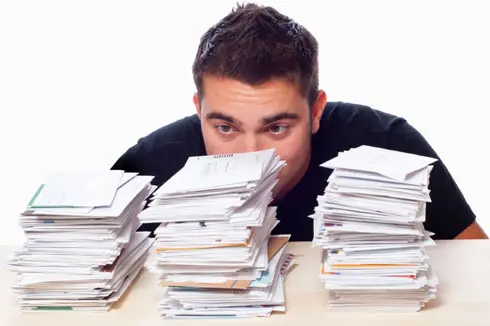- There are 3 main debt consolidation services.
- Start by looking at your own debt consolidation needs.
- Look at what you can afford monthly, and choose the debt consolidation program that meets your budget.
Debt Consolidation Services That Can Help Solve Debt Problems
evaluate your options for debt consolidation services
debt consolidation services can help you consolidate your varying debt into one manageable payment and even establish a payment schedule for you and your creditors. typically, debt consolidation services such as credit counseling or debt settlement are alternative debt help options, in contrast to a debt consolidation loan or borrowing to pay off debt.
when you evaluate what debt consolidation service is right for your own personal needs, start by looking in the mirror. what are your goals? where are you today?
if you own a home and if you have good credit, then the best way to consolidate your debts is not through a debt consolidation service but instead it is probably through a traditional debt consolidation refinance loan. if you want to see if you qualify and what type of refinance loan that you can get, then apply with one of our pre-screened mortgage lenders here: apply for a refinance loan quote
however, if you struggle and cannot keep up with your payments then check out credit counseling or debt settlement services, which help you deal with pressing debt problems. you can compare these two debt consolidation services by reading our new debt whitepaper, or read on below.
credit counseling
a common option to consider is a consumer credit counseling service, or cccs. cccs companies offer numerous services, such as financial counseling and budget planning, as well as debt management plans (dmps). in a dmp, the cccs would arrange a new payment amount with each of your creditors, usually based on a reduced interest rate. you would then make a single monthly payment to the cccs which would distribute the funds to your creditors, based on the new payment amounts. there are several drawbacks to cccs, though. first, depending on your creditors, it may not be able to reduce your monthly payments enough to improve your financial situation. second, it may have a negative impact on your ability to obtain a loan, so you may not wish to enter into a dmp if you anticipate any large purchases, such as home or an auto, in the near future. third, the average dmp takes around 5 years to pay off your debts, so you must be willing and able to commit to a long-term repayment plan.
debt settlement
you may also want to consider the debt consolidation services offered by debt settlement firms. rather than making monthly payments to your creditors, these programs negotiate lump sum settlements with your creditors, frequently reducing your debts by 50% to 60% of your principal balances. these programs usually take only 3 to 4 years to complete, so this is a good option for many people to rid themselves of debt in a relatively speedy manner. in many cases they can also get you set up with a low monthly program payment, however you are making these special savings deposits in lieu of making minimum monthly payments... so you are not making payments to your creditors, which has negative consequences. there is one major drawback to debt settlement programs — they will significantly damage your credit while in the program and for at least a few years afterwards. you will also be exposed to your creditor's collection efforts, including letters calls and possible lawsuits. however, if you are currently unable to afford to pay your creditors, the hit to your credit and the negatives may be worth the benefit of ridding yourself of credit card debt.
in summary, there are many debt consolidation services and it's important that you do your research to understand your own situation and then what your options are. depending on your cashflow and ability to make monthly payments, you should first explore a refinance loan and then credit counseling or debt settlement.
video: debt consolidation - what is debt consolidation?
Did you know?
Mortgages, credit cards, student loans, personal loans, and auto loans are common types of debts. According to the NY Federal Reserve total household debt as of Q4 2023 was $17.503 trillion. Housing debt totaled $12.612 trillion and non-housing debt was $4.891 trillion.
A significant percentage of people in the US are struggling with monthly payments and about 26% of households in the United States have debt in collections. According to data gathered by Urban.org from a sample of credit reports, the median debt in collections is $1,739. Credit card debt is prevalent and 3% have delinquent or derogatory card debt. The median debt in collections is $422.
Collection and delinquency rates vary by state. For example, in Utah, 13% have student loan debt. Of those holding student loan debt, 7% are in default. Auto/retail loan delinquency rate is 2%.
While many households can comfortably pay off their debt, it is clear that many people are struggling with debt. Make sure that you analyze your situation and find the best debt payoff solutions to match your situation.
